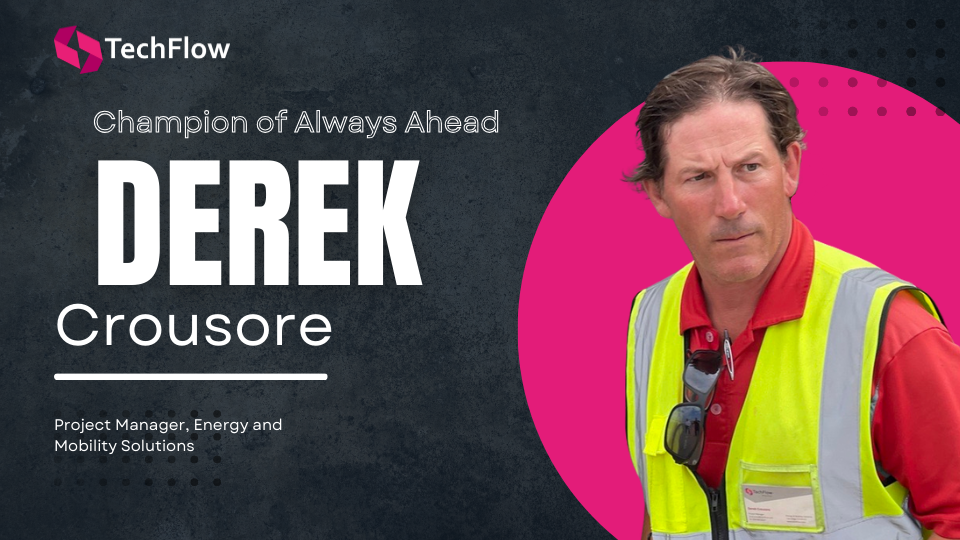
In my blog series, ‘Innovators I Admire,’ I want to highlight my Uncle Richard, whose dedication and achievements have always inspired me. Born in 1945, Uncle Richard faced the draft during the Vietnam War. Unlike many, he chose not to avoid service, despite having graduated from college and working at McDonnell Douglas. Instead, he joined the U.S. Army, choosing a path to minimize his time in the conflict by opting out of Officer Candidacy School.
Assigned to the First Air Cavalry Division, 1st of the 77th Artillery, Uncle Richard initially worked at Battalion Headquarters. However, he quickly formed strong bonds with the Bravo Battery unit and requested a transfer there, despite the risks. His sergeant’s reaction, “Are you nuts?” captures the danger of this choice. Uncle Richard spent 300 days in the jungle with Bravo Battery, experiencing intense combat, long periods of quiet, and the monotony of waiting. He returned home safely, with no significant injuries and a sound mind.
Unlike the dramatic depictions of war in movies like *Platoon*, the Vietnam War was a personal reality for Uncle Richard and many others. He seldom spoke of his experiences, finding that such stories lacked context for those who hadn’t lived through them. To him, his service was a positive experience that shaped his character and career.
Uncle Richard had a natural sense of humor that helped him stay positive in any crisis. After the war, he returned to McDonnell Douglas, working in the Flight Test Division for an incredible 48 years. His projects spanned a range of cutting-edge aircraft, including the F-4, Skylab, F-15, F-18, AV-8B, DARPA S/MTD, P-8, and T-45, among others. His work helped maintain American air superiority and made a significant impact on the field of aviation.
In today’s world, staying with one company for nearly 50 years is rare. For Uncle Richard, it was a natural choice. He valued the strong personal relationships he built within the company and found the work exciting and meaningful, particularly in supporting military advancements. Having served during a time of crisis and being decorated for his service, he held a position of trust and respected it through his strong work ethic.
When I asked him about the lessons from his career, Uncle Richard emphasized the importance of relationships and character. He viewed the “Digital Age” with some skepticism, but his advice was timeless: build strong relationships through genuine interactions, and let your actions demonstrate dependability, trust, appreciation, and resilience. He believed in doing what you say, doing a good job, and seeing things through.
Uncle Richard’s nearly 50-year tenure in the government contracting sector, a field known for its political and programmatic fluctuations, is particularly impressive. While some might attribute his success to luck, I believe it was his positive outlook that sustained his long career. This trait, I have found, is crucial for any innovator. As someone who exemplifies dependability, principles, and innovation, I proudly add my Uncle Richard to the list of innovators I admire.



